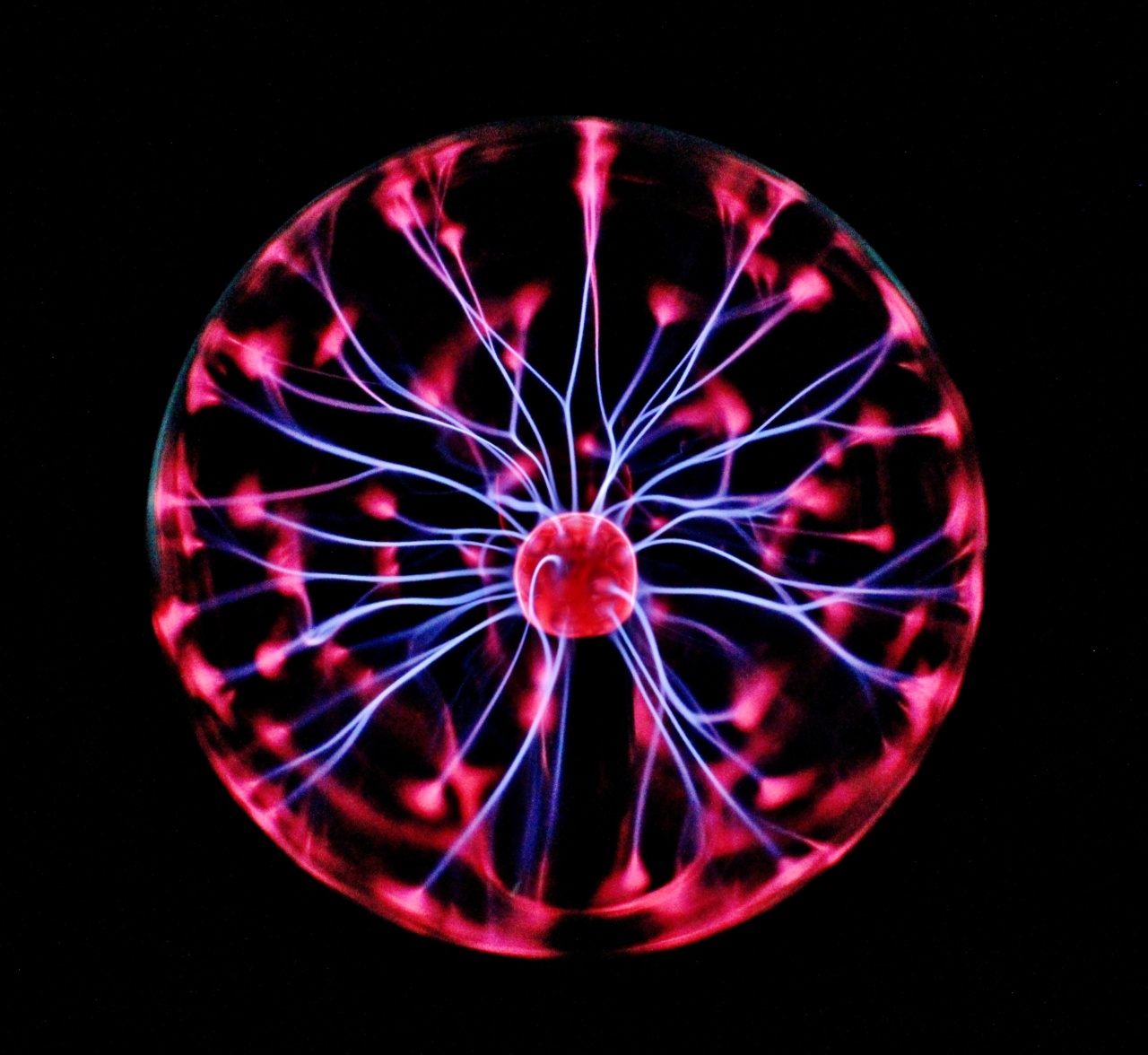Energy drinks have become increasingly popular since the early 2000s, with companies like Red Bull and Monster dominating the market. However, these drinks have been met with scrutiny due to their high caffeine and sugar content.
Despite this, their popularity persists, with many individuals relying on them for a quick energy boost. In this article, we’ll explore the science behind energy drinks and their potential risks and benefits.
What are Energy Drinks?
Energy drinks are a type of beverage that contains high levels of caffeine, sugar, and other stimulants.
These drinks are marketed as providing mental and physical stimulation and are often used as a quick pick-me-up during times of fatigue or exhaustion. Common ingredients in energy drinks include caffeine, taurine, guarana, ginseng, and B vitamins.
Caffeine Content in Energy Drinks
The main ingredient in most energy drinks is caffeine, which is a natural stimulant found in coffee, tea, and chocolate. Caffeine works by blocking adenosine receptors in the brain, which increases the levels of dopamine and norepinephrine.
These neurotransmitters increase alertness and improve mood, which is why caffeine is often used to fight fatigue.
The amount of caffeine in energy drinks can vary greatly, with some containing as much as 400 milligrams per serving. The maximum recommended amount of caffeine per day is 400 milligrams for adults, and 100 milligrams for adolescents.
Excessive caffeine intake can lead to a range of side effects, including anxiety, insomnia, tremors, and heart palpitations.
Sugar Content in Energy Drinks
Many energy drinks also contain high levels of sugar, which can lead to various health problems when consumed in excess. Most energy drinks contain between 20 and 45 grams of sugar per serving, which is equivalent to 5 to 11 teaspoons of sugar.
This amount of sugar can cause an insulin spike, which can lead to weight gain, diabetes, and other health problems.
Taurine in Energy Drinks
Taurine is an amino acid that is naturally produced by the body and is found in some food sources. Many energy drinks contain taurine, which is believed to promote neurological development and improve cardiovascular health.
However, taurine has not been shown to have any significant benefits in healthy individuals, and its long-term effects are still unclear.
Guarana in Energy Drinks
Guarana is a plant-based stimulant that contains caffeine, theobromine, and theophylline. Many energy drinks contain guarana, which is believed to improve cognitive function and reduce fatigue.
However, the concentration of caffeine in guarana can be much higher than that of coffee or tea, which can lead to excessive caffeine intake and its associated risks.
Ginseng in Energy Drinks
Ginseng is an herbal extract that is commonly used in traditional medicine. Some energy drinks contain ginseng, which is believed to improve mental clarity and physical performance.
However, the effects of ginseng on energy levels are still unclear, and its long-term safety has not been established.
B Vitamins in Energy Drinks
Many energy drinks contain B vitamins, which are essential for energy production and overall health. B vitamins help convert food into energy and are involved in the production of red blood cells.
However, excessive consumption of B vitamins can lead to health problems, including nerve damage, nausea, and liver damage.
Risks and Benefits of Energy Drinks
While energy drinks may provide a quick energy boost, they also come with potential risks. Excessive caffeine intake can lead to heart palpitations, anxiety, and other side effects.
Consuming too much sugar can lead to weight gain and a range of health problems. Additionally, the long-term effects of energy drink consumption are still unclear, and further research is needed to determine their safety.
However, there are also some potential benefits of energy drinks. They can improve mental alertness and physical performance, which can be useful in certain situations.
Additionally, some energy drinks contain B vitamins, which are essential for energy production and overall health.
The Bottom Line
Energy drinks are a popular beverage that provides a quick energy boost, but they also come with potential risks.
Excessive caffeine and sugar intake can lead to a range of health problems, while the benefits of other ingredients such as taurine, guarana, and ginseng are still unclear. It is important to consume energy drinks in moderation and to be aware of their potential risks and benefits.





























